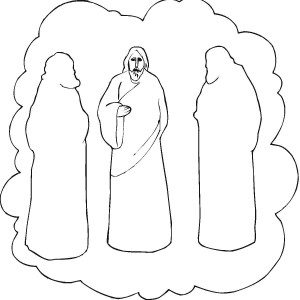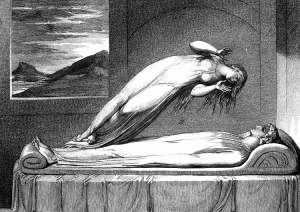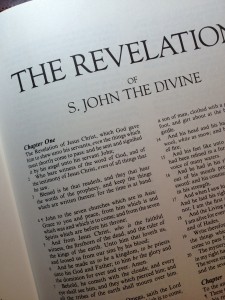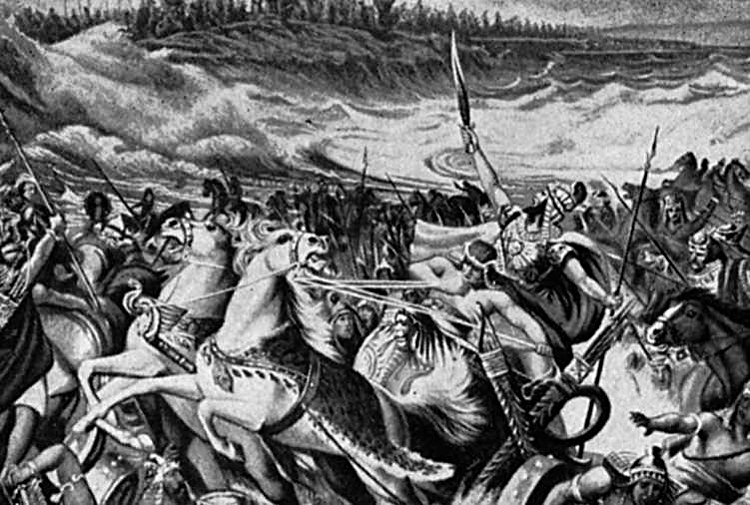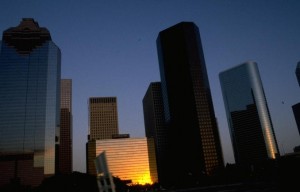Here are some of notes from my Book of Revelation Commentary on the two groups of saints on earth during the great tribulation period, which happens before the resurrection and second coming.
These notes are simply my best understanding of these scriptures to this point. There is still more to learn on these subjects.
The 144,000 Saints Versus the Great and Innumerable Multitude
There are two groups of believers mentioned Revelation chapters 7 and 14. They are Yeshua’s 144,000 bride-priests and the carnal or lukewarm believers who get spiritually refined in great tribulation.
The 144,000 are spiritual virgins who follow the Lamb wherever he goes. They are redeemed believers and first fruits of Elohim (Rev 14:4).
The 144,000 are without deceit or fault before YHVH’s throne of judgment (Rev 14:5). How can it be said that someone is without fault and be Torahless, since Torah defines sin (1 John 3:4)? Indeed, those who are the saints that make up the 144,000 must be Torah-observant and be walking under the blood of Yeshua (Rev 12:17; 14:12).
The meaning of the names of the patriarchs of the 12 tribes have a hidden message pertaining to the bride, which is more proof that the 144,000 are the bride of Yeshua.
- Judah means “Now I will praise YHVH.” (Gen 29:35)
- Reuben means “Surely YHVH has looked upon my affliction.” (Gen 29:32)
- Gad means “What good fortune.” (Gen 30:11)
- Asher means “Happy am I.” (Gen 30:13)
- Naphtali means “With great wrestlings have I wrestled.” (Gen 30:8)
- Manasseh means “For Elohim [said he], ‘has made me foreget all my toil.’” (Gen 41:51)
- Simeon means “Because YHVH has heard that I was hated.” (Gen 29:33)
- Levi means “Now this time will my husband be joined to me.” (Gen 29:34)
- Issachar means “Elohim has given me my wages.” (Gen 30:18)
- Zebulon means “Elohim has endowed me with a good gift, now my husband will dwell with me.” (Gen 30:20)
- Joseph means “YHVH shall add to me.” (Gen 30:24)
- Benjamin means “You shall have this son.” (Gen 35:17–18)
Combined the names tell the following story: Now will I praise YHVH. Surely YHVH has looked upon my affliction. What good fortune. Happy am I. With great wrestlings have I wrestled and I have prevailed. For Elohim has made me forget all my toil because YHVH has heard that I was hated. Now this time will my husband be joined unto me. Elohim has given me my wages. Elohim has endowed me with a good gift. Now my husband will dwell with me. YHVH shall add to me. You shall have this son. Continue reading

